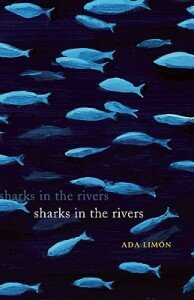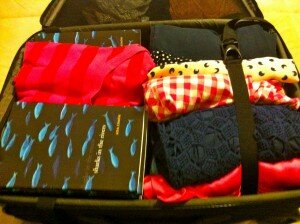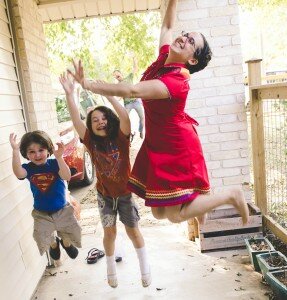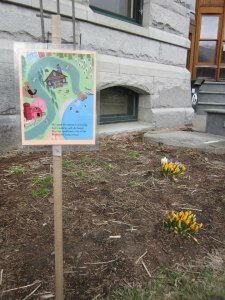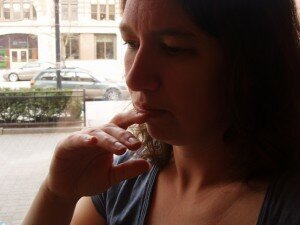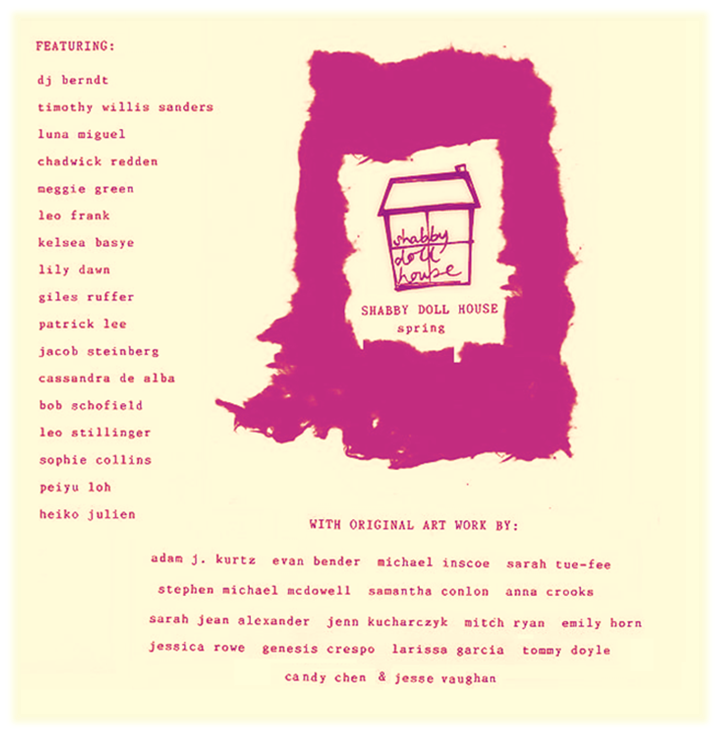I couldn’t read until I was 9 years old, I stared at the words and imagined all sorts of things, longingly filling in the blanks for myself. I pretended to read out loud, I loved the sound of words and how it felt when I was telling a story, but the idea of words was something I only ever enjoyed in private, in places where there were no consequences. School was a treacherous place, and words were hostile, they humiliated me, they played cruel tricks. At the age of nine, after weeks of unsuccessfully tackling the classic b and d problem (confusing one for the other that is), in a fit of intense frustration, I marched up to the white board in front of my entire class and wrote ‘Amy is dumb’, or that’s what I meant to write, what I had in fact written was ‘Amy is bum’. There was of course much laughter, the creation of a new nick name ‘Nunn bum’ and an ongoing practical joke involving a peanut butter sandwich left on my chair. Okay so not my finest moment, but one that began a strange and significant chain of events. This was the moment I quietly promised myself to get even one day, to use the enemy’s weapons against them, wreak havoc, to show them all.
At the age of 12 I moved with my family to Australia, where unfortunately dyslexia is barely recognised within the education system. I was put into a ‘special needs’ class with children who had severe mental disabilities, and spent my days feeling utterly lost, isolated and deeply ashamed. After a few years of my mother pleading with teachers and doing everything in her power to bend a very rigid system, it eventually became clear that my best option was to live with my father back in London for a trial period, where I could attend a dyslexic school. Read more…

